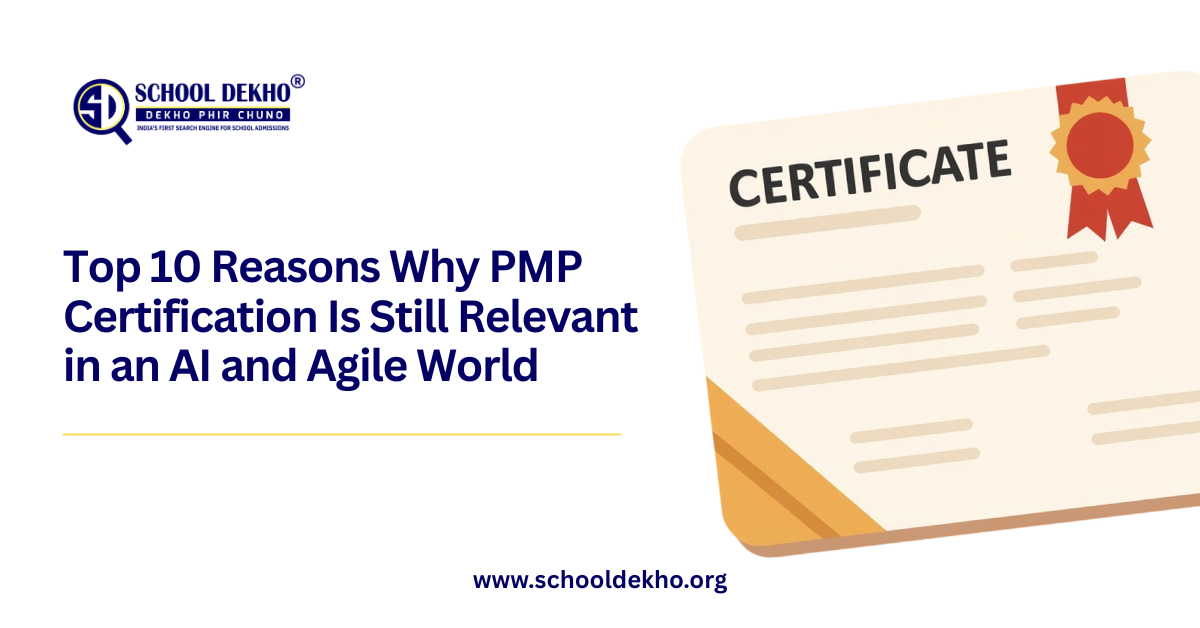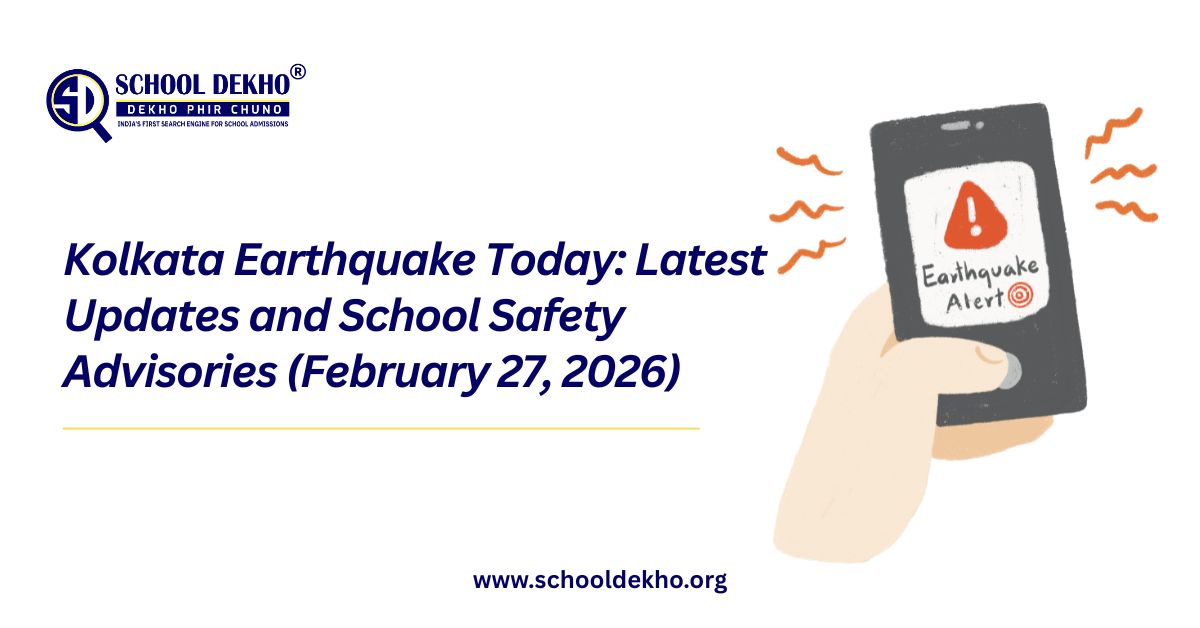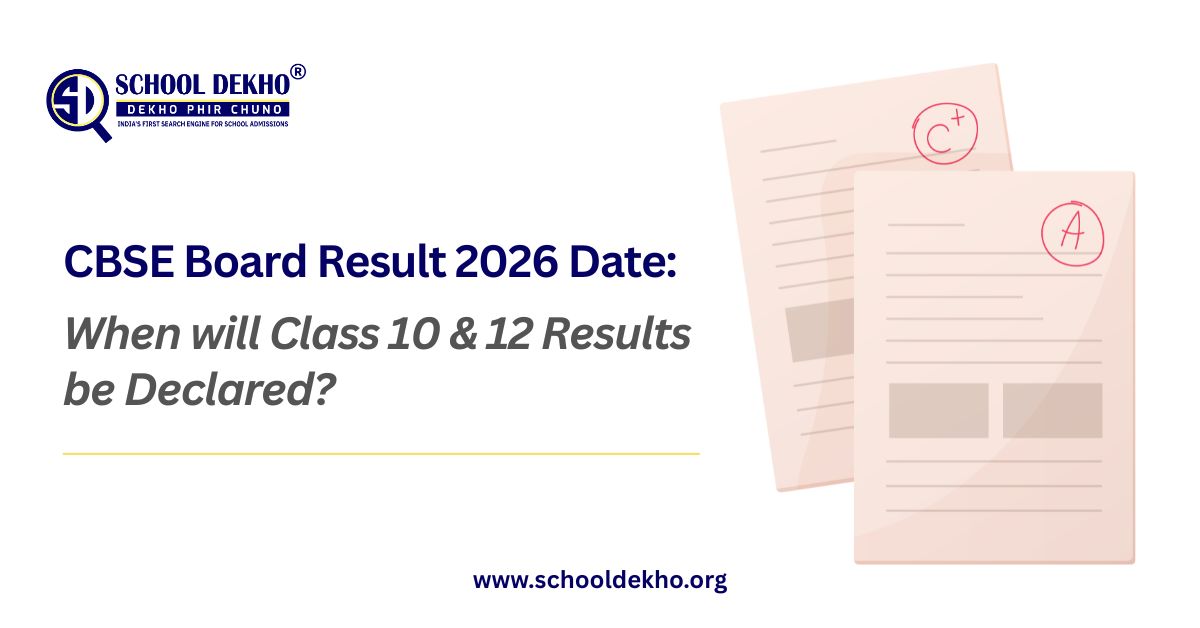Top 10 Reasons Why PMP Certification Is Still Relevant in an AI and Agile World

Even the most seasoned professionals living in this digital age with AI-driven automation and Agile project management methodologies as the industry standard may still question the relevance of traditional certifications. However, several certifications, including the Project Management Professional (PMP) certification, remain gold standards for project managers worldwide. Despite the increasing prominence of Agile methodologies, AI-powered project tools, and hybrid work processes, PMP certification offers unmatched credibility, formal knowledge, and leadership capabilities. Along with other certifications, such as PRINCE2 certification, PMP ensures that project managers can navigate the uncertain waters of technology-focused workplaces.
In this article, we present the top 10 reasons why PMP certification is still relevant in 2025, highlighting what sets it apart from other credentials and what this means for one’s career.
1. PMP Certification Establishes Strong Project Management Fundamentals
PMP certification courses are designed to give an in-depth grounding in project management principles, including planning, execution, monitoring, and closing.
Why it’s essential in an AI and Agile-driven world:
Basic project management knowledge ensures that professionals can make informed decisions even when AI tools automate assignments and ensure that tasks are completed on time.
While Agile processes emphasise adaptability, experienced project managers ensure their projects are delivered on time, at a low risk, and with satisfied stakeholders. PMP certification candidates learn project management fundamentals that work together with traditional and hybrid projects built in mind.
2. Internationally Recognised in All Industries
PMP certification is highly respected worldwide in IT, finance, healthcare, construction, and many other sectors.
Benefits:
Adds authenticity for employers, stakeholders, and customers.
Potential for international mobility – multinational companies see PMP as a valuable criterion when competing for a job.
It balances certifications such as PRINCE2 certification, which focus on processes and are popular in Europe. This global domination ensures the relevance of PMP-certified professionals regardless of the development of AI and Agile.
3. Empowers with Leadership and Strategic Thinking Skills
Leadership: AI can take over repetitive tasks of project management, but core leadership and strategic thinking, which PMP develops, are irreplaceable. Information technology can never replace unique professions or leaders who use it.
Apart from these two key areas, PMP covers aspects such as:
Result-oriented leadership, like rewarding the best-performing team members
Conflict and negotiation
The last two are becoming more vital with the increased usage of AI due to claims vs. application capabilities—bad automation or laziness among team members. PMP-developed skills are essential in leading AI-empowered teams, including strategic thinking and human communication with squads. Thus, PMP leaders become more leaders rather than managers.
PMP integrates well with Agile methodologies. PMP is often associated with waterfall projects, which are sometimes seen as mutually exclusive with Agile projects. PMI and PMP recognise the rising importance of Agile; thus, PMI offers separate modules for Agile and Agile practice guides. Being PMP certified facilitates a perfect balance of these two completely different paradigms. It allows professionals to manage both waterfall and Agile approaches to handle hybrid projects effectively.
PMP also promotes increased information flow and collaboration between technical professionals, who mainly use AI, and other stakeholders, such as vendors and customers. These integrations keep PMP project managers business-oriented and flexible.
4. Risk Mitigation
PMP-certified managers are trained to identify, analyse, and mitigate risks. Therefore, irrespective of technological complexities, the project will succeed.
5. Improved Career Growth and Salary Potential
PMP certification offers a strong return on investment, boosting professional careers and salary growth. According to PMI, PMP-certified professionals earn 20–25 per cent more than their non-certified peers worldwide. PMP-certified project managers are preferred for leadership and strategic positions at organisations. Even in AI-powered or Agile teams, the PMP credential is a game-changer, creating a clear path to top positions on high-impact projects.
6. Technically and Business Wise
With today’s hybrid projects, project managers must be both technically and business-inclined. PMP certification ensures:
Understanding of both project management processes and business requirements.
Translation of technical tasks, including AI-generated metrics, into business guidance.
Capable of stakeholder and executive communication.
Combining PMP certification with PRINCE2 certification strengthens a project manager’s capacity to manage process-driven or international projects.
7. Professional Network
A PMP certification offers more than qualification; it offers a sizable network of project management professionals. This includes:
PMI membership with options for events, seminars, and webinars.
Networking with prominent professionals in the sector.
Access to newsletters, patterns, and tools for up-to-date learning.
Communities focusing on project trends, including AI, Agile, and more.
This network is ideal for career mentorship, guidance, and job opportunities.
8. Relevance in a Dynamic Technological Landscape
The evolution of new technologies such as AI automation and Agile frameworks does not change the need for basic and structured project management. PMP remains significant because it:
Adapts project frameworks to new technologies.
Integrates AI-powered analytics and tools into workflows.
Manages hybrid teams in Agile and remote workspaces.
Meets all project objectives while adhering to quality, compliance, and budget.
In the age of perpetual technological disruptions, a PMP-certified professional remains a valuable asset to an organisation.
9. Complementary Certifications
While PMP is globally recognised, the following certifications complement and add value to your professional profile:
PRINCE2 Certification: Focuses on process-driven project management, especially respected in Europe. It emphasises process control, governance, and structured project delivery.
Agile Certifications: PMI-ACP or ScrumMaster Certification emphasises the Agile side, complementing the structured PMP framework. These certifications provide expertise to manage Agile projects effectively.
AI and Digital Project Management Tools: Familiarity with tools like Jira, Monday.com, Asana, and other AI analytical platforms is crucial. PMP certification complements this knowledge, enabling professionals to thrive in AI-powered organisations.
Combining PMP and PRINCE2 certifications makes you a professional capable of handling extraordinary projects worldwide—a hybrid manager certified in AI and traditional methodologies.
10. Career Opportunities for PMP-Certified Professionals
PMP-certified professionals have opportunities across sectors such as IT, healthcare, finance, construction, and government. Some high-demand roles and their average annual salaries in INR include:
(You can insert specific roles and salary data here if available.)
Though there might be a temptation to think that in AI-led or Agile-focused organisations, PMP will lose credibility, the reality is that PMP remains highly relevant for the next decade because it offers credibility, authority, and differentiation in a focused and disruptive job market.
Conclusion
PMP certification is the foundation of professional project management regardless of AI, Agile, or hybrid-based projects. Its dominance in 2025 is due to its structured knowledge, leadership development skills, reputation, credibility, and trust among employers. Combining PMP with certifications like PRINCE2 and Agile increases versatility and availability. PMP prepares professionals for effective leadership in AI-led projects, Agile teams, and large enterprise initiatives.






